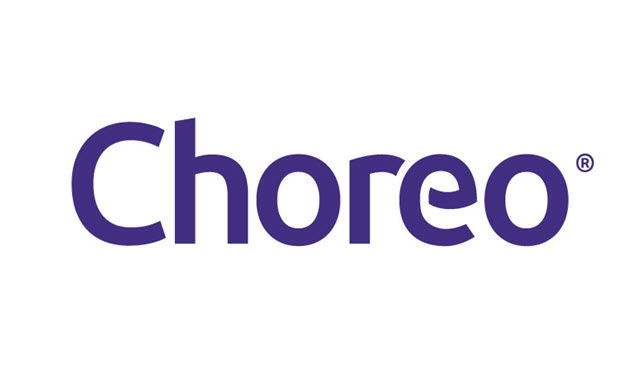The role of asset location strategy in reducing tax burdens

Matt leads the firm’s investment strategy for clients, families, and institutions. With more than 26 years of experience, his deep analytical background and extensive investment experience help ensure client portfolios align with their goals and objectives, balancing risk and opportunity to drive long-term financial success.
Asset location strategy plays a crucial role in minimizing clients’ tax burdens. When financial advisors and accountants collaborate, they can provide a more complete picture for clients, ensuring that risk parameters and rebalancing strategies are optimized for tax efficiency.
Q How can financial advisors and accounting professionals work together to identify and maximize tax-saving opportunities for clients?
A Financial advisors and accounting professionals generally work in partnership to provide the best tax outcomes for clients. When tax professionals work with clients, they can help determine items like tax budgets and help set expectations for what the near future may hold. Investment professionals can utilize this data to create a more optimized portfolio management process focused not just on maximizing returns for a given level of risk but also on after-tax returns. This ultimately becomes more a feedback loop between advisor and accounting professional, with the client as the ultimate beneficiary.
Q What role does asset location strategy play in reducing clients’ tax burdens, and how can collaboration between financial advisors and accountants enhance its effectiveness?
A Asset location is an easy concept to overlook. When setting risk parameters for a specific client, maximizing the type of account where an asset sits can materially impact the tax burden as well as rebalancing parameters. Again, the accounting profession can serve as partners to deepen client relationships by providing a more complete picture for clients. This concept should be in the mix of best practices to help clients over time.
Q In what ways do innovative tools like direct indexing and tax-loss harvesting allow financial advisors to offer more personalized tax management strategies, and how can accounting professionals support this approach to benefit clients?
A While many of these tools have existed for many years and are not new, the world has changed, with more transparency assisting the ability to enhance outcomes for tax-aware investment management. Advisors can be more adept than ever, focus on personalization, tax budgets, etc. The accounting professional can expect more from our partnership in that we have more clarity on tax outcomes. As the tools have improved, so has the ability to deliver outcomes for our clients.















